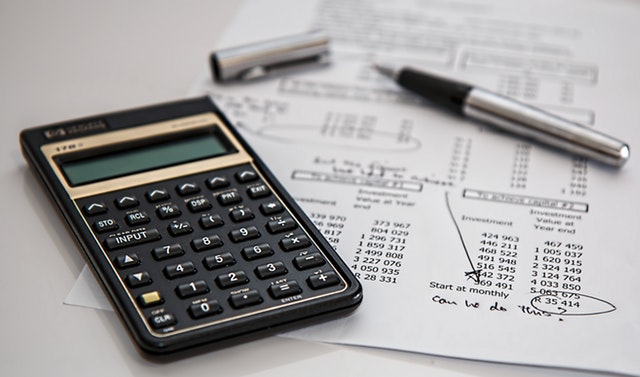Philippine Importers: Here’s How to Compute Your Import Tax and Duty

Paying the right customs tax and duty in your import business is crucial to ensure that your operations are legitimate. That is why it important that you hire a legitimate licensed customs broker is critical to avoid the hassle of facing significant penalties or even legal ramifications from the Bureau of Customs.
In the Philippines, the Customs Law indicates that all imported goods above P10,000 are subject to payment of duties, taxes, and other local charges. If you have just started your import business and not sure on how your trusted customs broker will come up with the import tax and duty for your upcoming shipment, we detail in this post how to calculate import tax and some of the additional charges which you should be aware of.
How to Calculate Import Tax and Duty
Customs Duties or Import duty will be pending and need to be cleared while importing goods into the Philippines. Customs clearance can be executed either by a private individual or a commercial entity. The valuation method often used to arrive at dutiable value is CIF (Cost Insurance and Freight), i.e., the cost of the imported goods, the shipping cost, and the insurance cost. Imports are also subjected to Sales Tax.
Excelsior conducts free orientation for those who are willing to learn about importation and exportation. It is our advocacy to share our knowledge and 17 years of experience in business. You can contact Excelsior Worldwide Freight Logistics Corp. today at (+632) 525-9775 or email us at wecare@excelsior.ph
